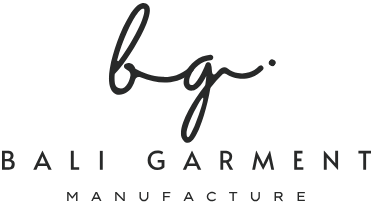The fashion industry is transforming as consumers demand clothing that is not only stylish but also sustainable. Today, brands are rethinking the fabrics they use, focusing on eco-friendly choices that minimize environmental impact. Among the most popular sustainable textiles are linen, cotton, and rayon—each with its own benefits and challenges.
For brands working with a Bali garment manufacturer, understanding the differences between these fabrics is essential. The right fabric choice not only affects the look and feel of a collection but also its durability, sustainability, and customer appeal.
Why Fabric Choice Matters in Sustainable Fashion
Every garment tells a story, and that story begins with fabric. The environmental footprint of clothing depends heavily on the raw materials chosen. By selecting eco-friendly fabrics, designers can reduce waste, lower carbon emissions, and promote responsible production practices.
In Bali, where craftsmanship and sustainability often go hand in hand, many garment manufacturers offer eco-conscious options like linen, organic cotton, and sustainably sourced rayon. Let’s explore how each fabric performs in terms of comfort, durability, and sustainability.
Linen: Timeless and Eco-Friendly
Linen has long been a favorite for resort wear, summer outfits, and tropical climates. Made from the flax plant, it requires far less water and pesticides than cotton, making it one of the most eco-friendly fabrics available.
Pros:
Highly breathable and lightweight, perfect for warm weather.
Naturally strong and durable, lasting years with proper care.
Biodegradable and eco-friendly with low environmental impact.
Cons:
Prone to wrinkles, which may be a drawback for some customers.
Higher cost compared to cotton or rayon.
Linen is ideal for brands that want to market luxury, natural, and eco-conscious collections.
Cotton: Versatile but Resource-Intensive
Cotton is one of the most widely used fabrics in fashion due to its softness, comfort, and versatility. However, conventional cotton farming is resource-heavy, often requiring large amounts of water and pesticides.
Pros:
Soft, breathable, and suitable for all-day wear.
Versatile for various garment types, from basics to premium collections.
Widely available and familiar to customers.
Cons:
Conventional cotton farming has a high environmental impact.
Can shrink and fade if not properly cared for.
For brands concerned about sustainability, organic cotton is a better option, using less water and avoiding harmful chemicals.
Rayon: Lightweight with a Modern Appeal
Rayon is a semi-synthetic fiber made from natural cellulose, often sourced from wood pulp. While it’s soft and versatile, its sustainability depends on how it is produced.
Pros:
Smooth, silky feel, making it perfect for flowy dresses and resort wear.
Drapes beautifully, offering a more premium look.
Comfortable and breathable, suitable for tropical climates.
Cons:
Some production methods can involve harmful chemicals.
Requires careful washing to maintain shape and quality.
Sustainably sourced or eco-certified rayon (like viscose from FSC-certified forests) is a more responsible choice for brands.
Choosing the Right Fabric with a Bali Garment Manufacturer
Working with a garment manufacturer in Bali allows brands to access a wide range of fabrics tailored to their needs. Whether you want the natural luxury of linen, the comfort of organic cotton, or the flowy elegance of rayon, manufacturers can guide you in selecting the best material for your collection.
By making conscious fabric choices, brands not only create better garments but also strengthen their image as part of the global movement toward sustainable fashion.
Eco-friendly fabrics like linen, cotton, and rayon each offer unique strengths. The right choice depends on your brand identity, target market, and sustainability goals. Partnering with a Bali garment manufacturer ensures you can source and produce clothing responsibly while maintaining high-quality craftsmanship.
At the end of the day, choosing sustainable fabrics isn’t just about fashion—it’s about shaping a better future for the industry and the planet.


Manufacturing partner for fashion business, offering comprehensive solutions to streamline your path to success.
Our Services
Quick Link
Contact Info
© Bali Garment Manufacture all rights reserved.

